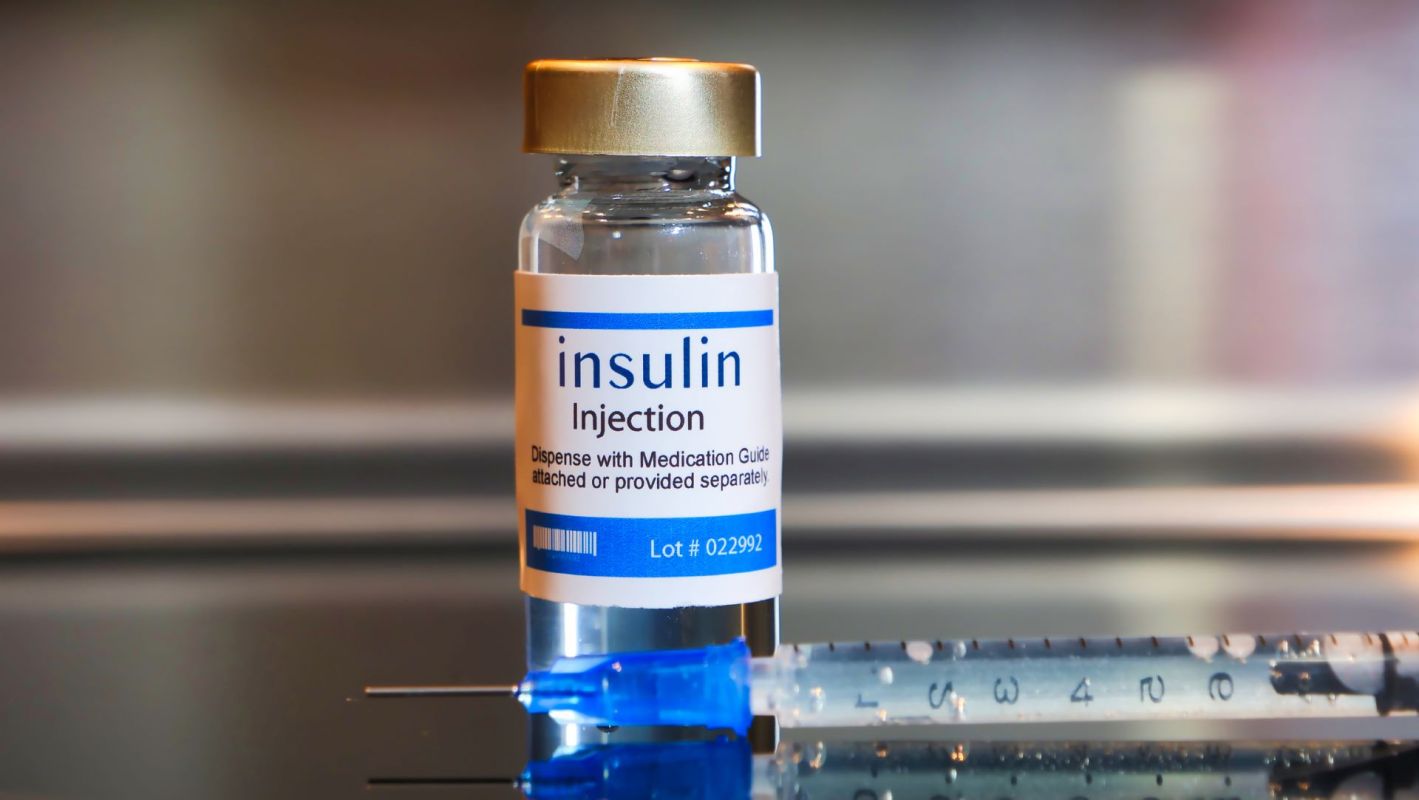A medical breakthrough from the University of Pennsylvania could take lettuce from the kitchen to the pharmacy, giving millions of people with diabetes around the world access to a lower-cost treatment.
Researchers are using the strength of lettuce cell walls in an oral proinsulin dose that safely releases the medicine — all at a low cost, they claim. If proved effective for humans, it could create a better diabetes treatment for the 537 million people on the planet with the disease.
More than 75% of adults with diabetes live in poor or middle-income countries, according to the International Diabetes Federation.
"I grew up in a developing country and saw people die because they couldn't afford drugs or vaccines," Henry Daniell, who is leading the research, said in a Penn report.
There are several types of diabetes, and they all impact how the body makes insulin to regulate blood sugar, also called glucose. The disease can lead to too much glucose in the blood, resulting in a host of health problems, per the Mayo Clinic.
Common treatments include injections with insulin pens or automated pumps that moderate the dose. The former treatment can result in too much insulin entering the blood at once, causing blood sugar levels to drop too low. The pumps can be expensive and hard for many patients around the world to acquire, per the Penn report.
"We've seen news stories about vaccine doses being destroyed because some countries don't have the resources for cold storage throughout the process. It is an enormous cost," Daniell said in the Penn report. "This kind of post-production cost is eliminated using our methods because we have shown repeatedly that the product is shelf-stable."
Daniell's medicine has elements present in natural insulin (produced by the pancreas) that other insulin medicines on the market are missing. The lettuce cell wall strength also ensures that the oral dose doesn't break down too quickly in the stomach, so a proper amount of insulin is released safely, per Penn.
So far, the lettuce-based medicine has successfully treated diabetic mice in about 15 minutes. The Penn team said the treatment mimics how the body would naturally deliver insulin at a safe pace.
"The risk of hypoglycemia (low blood sugar) is one of the biggest disadvantages of the current delivery system and can even result in a coma. Our insulin … minimizes the risk," Daniell said in the Penn report.
He has been working on plant-based insulin since 2015. The team has also worked on similarly designed medicines for polio, Alzheimer's, and other diseases, Penn reports.
Next up is testing the insulin drug on dogs and humans suffering from diabetes. Bacon flavoring can be added to the mix to incentivize the canine subjects — which, come to think of it, might work for humans, too.
"[I]n this case we are making insulin more affordable while significantly improving it. Patients can get a superior drug at a lower cost," Daniell said in the report.
Join our free newsletter for weekly updates on the coolest innovations improving our lives and saving our planet.









